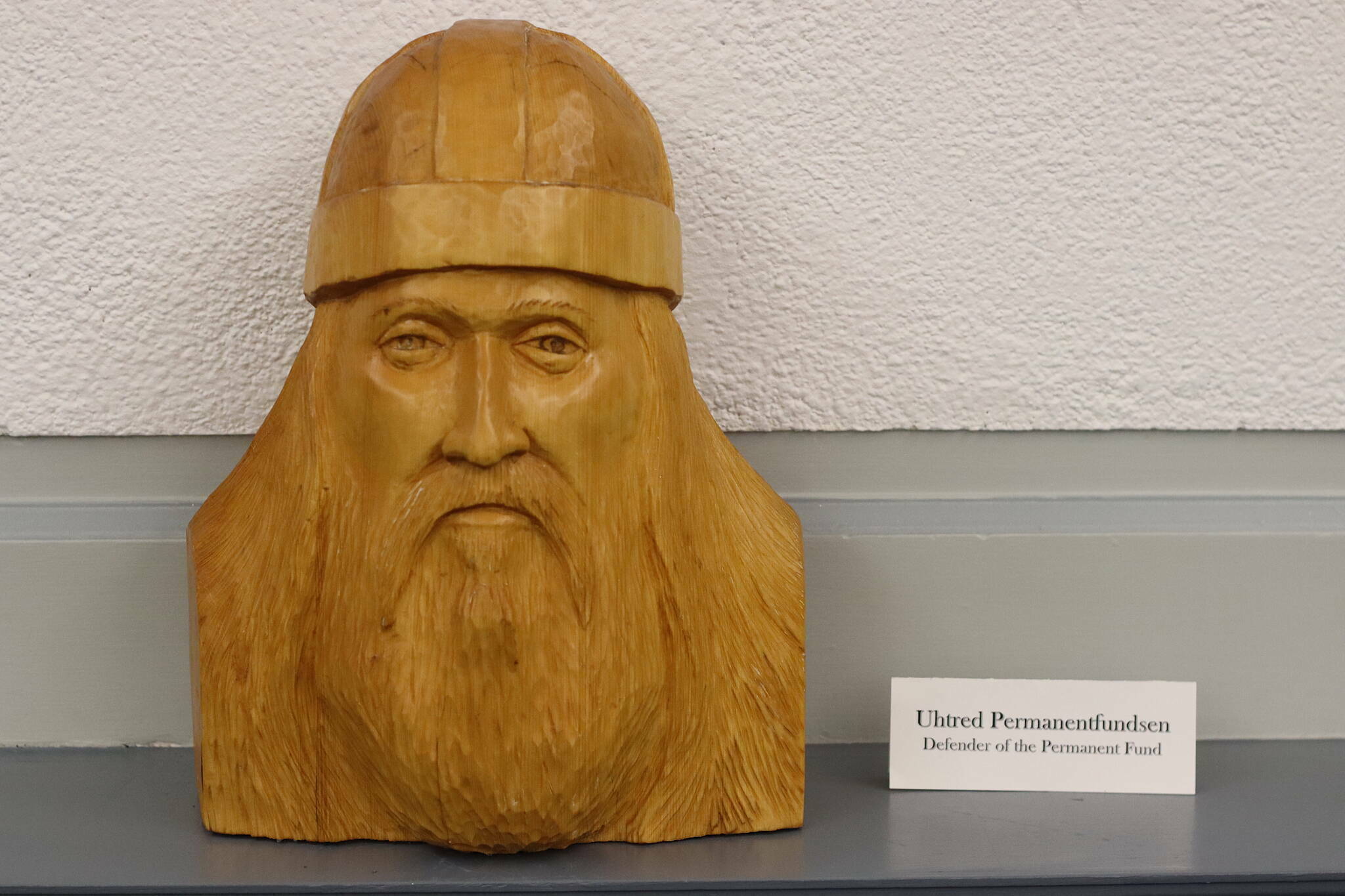Alaskans have until 11:59 p.m. Sunday to apply for this year’s Permanent Fund Dividend, which based on deliberations at the Capitol so far will be about $1,580 or more, compared to the $1,312 PFD last year.
Online applications and other information is available at pfd.alaska.gov. Paper applications must be postmarked by March 31. All other supporting documents, if required, can be submitted to the Alaska Permanent Fund Dividend Division after April 1 or upon request.
More than 598,000 people have applied for dividends as of about 10 a.m. Sunday, according to the division’s website. More than 600,000 Alaskans received PFDs last year.
The amount of the dividends has become one of the most contentious issues in every legislative session since 2016, when a formula in state statute was abandoned by lawmakers who stated the size of the resulting dividends was unsustainable. Gov. Mike Dunleavy is proposing a “statutory” PFD estimated at $3,429 in his proposed budget for next year, which would cost a total of $2.3 billion and result in an estimated budget deficit of about $1 billion.
At the other end of the scale is a dividend of about $1,360 proposed by the bipartisan Senate majority, based on the same formula as last year’s dividend that uses 75% of available earnings from the Permanent Fund for state programs and 25% for dividends. The allocation, while approaching $1 billion in total payouts, would result in a surplus as happened with the current year’s budget.
Both of those dividends would get an additional $222 “energy bonus” payment based on an agreement from last year’s session. The agreement stated is average oil prices are higher than forecast for the fiscal year ending June 30, half of the surplus will go to PFDs and half to the state’s budget reserve. That would result in a PFD of $3,651 under the governor’s plan and $1,582 under the Senate majority’s.
The House, which is in the process of finalizing its budget in the Finance Committee, is currently proposing a PFD of $2,272 that includes a $444 energy bonus by abandoning the agreement to put half of the surplus in the budget reserve. Senate leaders have stated it is highly unlikely they will agree to that provision.
The House Finance Committee did consider — and voted down — proposals last week to provide a statutory dividend by tapping into $800 million of reserve funds. The budget as drafted currently has a surplus, although significantly smaller than what the Senate’s PFD would result in.
• Contact Mark Sabbatini at mark.sabbatini@juneauempire.com or (907) 957-2306.

